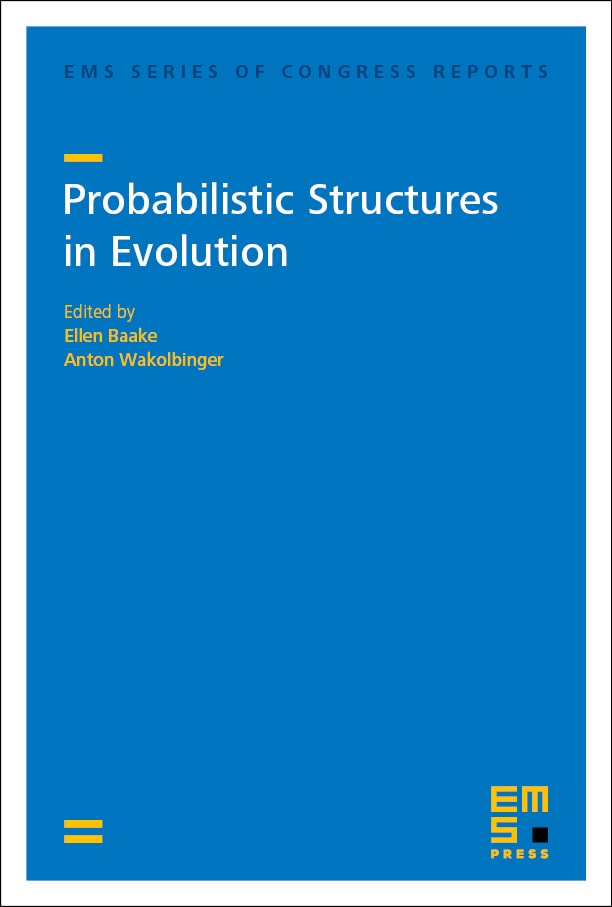Towards more realistic models of genomes in populations: The Markov-modulated sequentially Markov coalescent
Julien Y. Dutheil
MPI für Evolutionsbiologie, Plön, Germany

A subscription is required to access this book chapter.
Abstract
The development of coalescent theory paved the way to statistical inference from population genetic data. In the genomic era, however, coalescent models are limited due to the complexity of the underlying ancestral recombination graph. The sequentially Markov coalescent (SMC) is a heuristic that enables the modelling of complete genomes under the coalescent framework. While it empowers the inference of detailed demographic history of a population from as few as one diploid genome, current implementations of the SMC make unrealistic assumptions about the homogeneity of the coalescent process along the genome, ignoring the intrinsic spatial variability of parameters such as the recombination rate. Here, I review the historical developments of SMC models and discuss the evidence for parameter heterogeneity. I then survey approaches to handle this heterogeneity, focusing on a recently developed extension of the SMC.